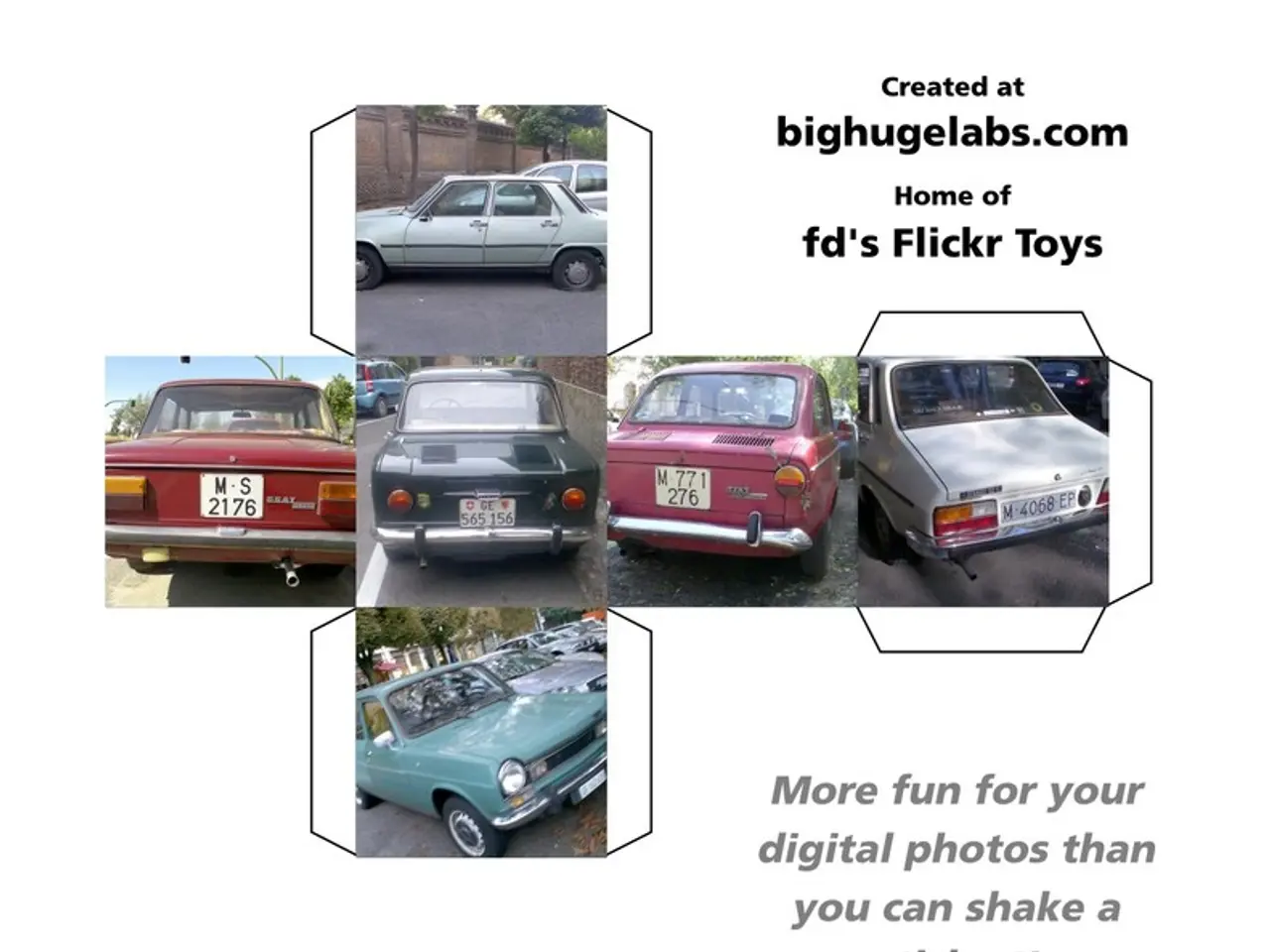Vendor ZF: Managing Cost Cuts - However, Falls Short of Target
ZF Friedrichshafen, a German automotive supplier, is considering a partnership for its Division E as a potential solution to share costs and risks for new product development, aiming to secure more employment. This decision comes as the company grapples with a challenging financial situation, having recorded a loss of 195 million euros in the first half of the year.
The E Division, currently under restructuring and strategic review, is facing competitive issues, delays in e-mobility rollout, and high costs in the traditional transmission business. Mathias Miedreich, head of the E Division, is set to become CEO, reflecting the division's central role in ZF's future strategy focused on modular, technology-neutral electrification solutions.
Sales at ZF are below plan due to reduced orders from manufacturers this year, according to CEO Holger Klein. In response, he has called for a review of EU rules for the automotive industry, expressing concerns about the ban on internal combustion engines in the EU in 2035 and its potential impact on employment and the development of the next generation of transmissions for hybrid drives.
While partnerships are being considered, a restructuring without a partner is also an option, but would require stronger measures to increase profitability. However, Achim Dietrich, the chairman of the works council, had previously stated that a spin-off or sale of Division E is not a strategy they can support. The works council had also protested against planned cuts at ZF, specifically the spin-off or sale of Division E.
Discussions between management and the works council regarding Division E are ongoing and are expected to be completed by the end of September. Klein now believes that partnerships could provide further growth potential and a positive impact on jobs in Germany. The company is currently cutting thousands of jobs in Germany.
In 2023, ZF announced a first savings target of six billion euros for the years 2024 and 2025. However, Klein acknowledges that the company has not met its self-imposed savings targets, currently at approximately 5.8 billion euros.
ZF's net debt, primarily due to the acquisition of the automotive supplier TRW and the brake specialist Wabco, was around 10.5 billion euros at the end of June. The loss is due to low worldwide vehicle production and missing orders from manufacturers.
ZF offers various products including steering systems, drives, brakes, safety technology, and chassis components. The company's leadership sees partnering as a way to unlock growth and secure jobs in Germany, while employee representatives oppose spin-offs or sales.
Klein does not believe that 2026 will be better. Despite these challenges, the company remains committed to its strategic review and restructuring efforts, with the hope of finding a solution that benefits all stakeholders.
Read also:
- Antitussives: List of Examples, Functions, Adverse Reactions, and Additional Details
- Asthma Diagnosis: Exploring FeNO Tests and Related Treatments
- Unauthorized disclosure of Azure AD Client Secrets: Privacy in the digital realm under threat due to exposure of cloud credentials
- Revitalizing Wisconsin Point Peninsula within the St. Louis River Estuary's Ecosystem Conservation Zone








